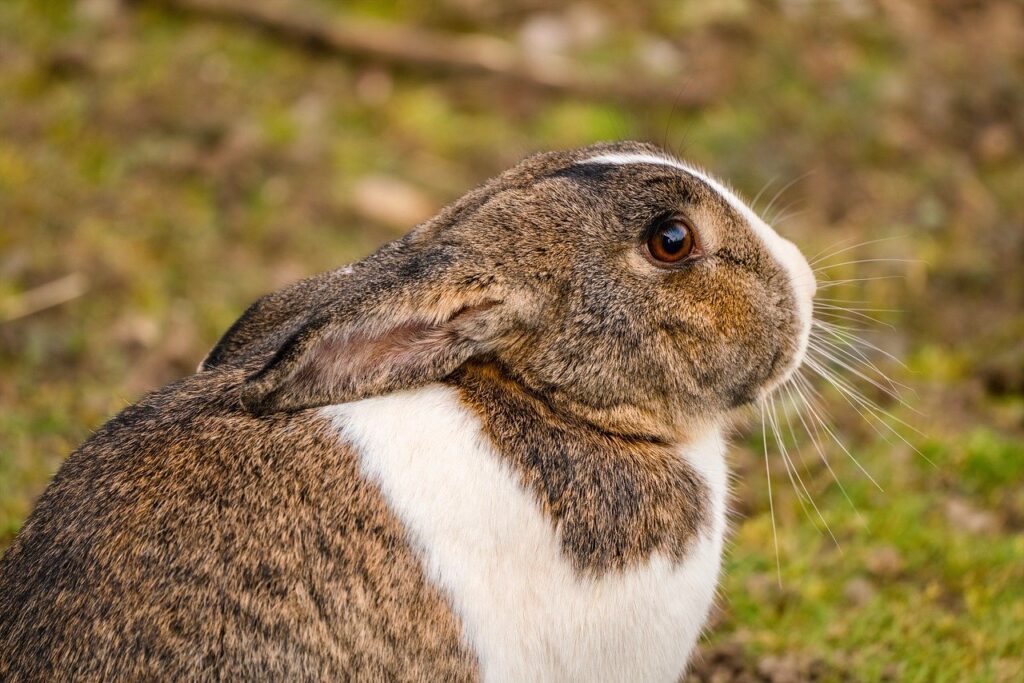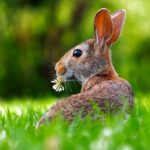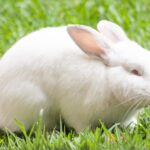Is Watercress Safe for Rabbits? — Yes, It Is
When it comes to your beloved fluffy friend, rabbits, it’s important to provide them with a nutritious and balanced diet. One question that often arises is whether watercress is safe for rabbits to consume. The answer to that question is a resounding yes, as watercress can provide numerous benefits to rabbits and contribute to their overall well-being.
Benefits of Feeding Watercress to Rabbits
Watercress, a leafy green vegetable, is packed with essential vitamins, minerals, and antioxidants that can greatly benefit rabbits. It is a rich source of vitamin C, which is crucial for their immune system and helps prevent diseases. Additionally, watercress contains calcium, which supports healthy bone development and prevents conditions such as osteoporosis.
Furthermore, this vibrant green vegetable is abundant in fiber, aiding in proper digestion and preventing issues like constipation. The high water content in watercress also helps keep your rabbit hydrated, promoting optimal kidney function and overall hydration.
How Often Should Rabbits Have Watercress?
When it comes to incorporating watercress into your rabbit’s diet, moderation is key. While it is a safe and nutritious option, it should be given in limited quantities. Experts recommend offering watercress as a treat rather than a staple food item. A small bundle of watercress leaves given two to three times a week should suffice to provide the benefits without overloading their system.
Points of Caution When Offering Watercress to Rabbits
Although watercress is generally considered safe for rabbits, there are a few points of caution to keep in mind. Firstly, ensure that the watercress you offer is fresh and free from pesticides or any other harmful chemicals. Washing it thoroughly before serving it to your rabbit is crucial to remove any potential contaminants. Additionally, always introduce watercress gradually into your rabbit’s diet to prevent any digestive upset.
It’s important to note that while watercress is safe for rabbits, other related vegetables like cabbage or kale should be fed in moderation due to their potential to cause gas or digestive issues in some rabbits.
Other Pets That Can Safely Consume Watercress
Aside from rabbits, other pets can also benefit from the consumption of watercress. Guinea pigs, for example, can enjoy this leafy green as part of their balanced diet. Similarly, some birds and turtles can safely consume watercress, but it’s always recommended to consult a veterinarian to ensure it aligns with their specific dietary needs.
Conclusion
In conclusion, watercress is a safe and beneficial addition to rabbits’ diet. It offers a range of health benefits, including immune system support, healthy bone development, digestive health, and hydration. However, it’s important to exercise caution, ensuring the watercress is fresh, introducing it gradually, and offering it in moderation. By responsibly incorporating watercress into your rabbit’s diet, you can contribute to their overall well-being and happiness.






